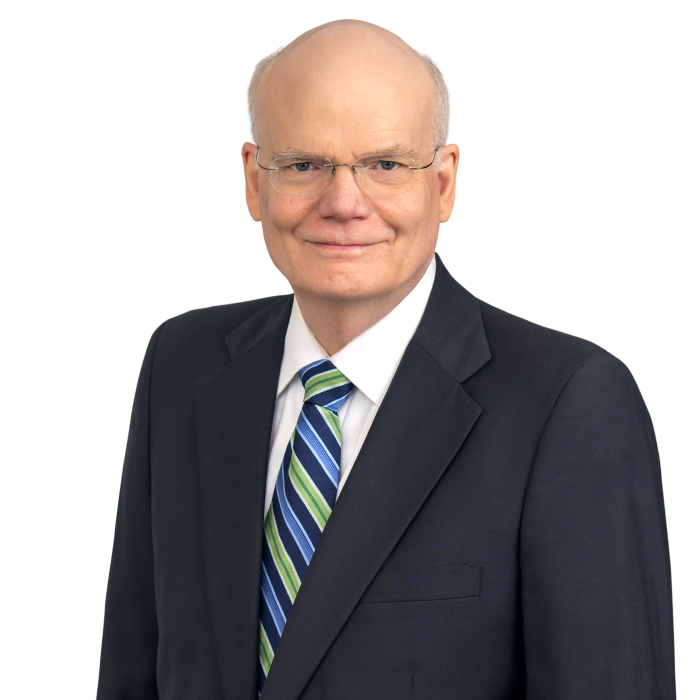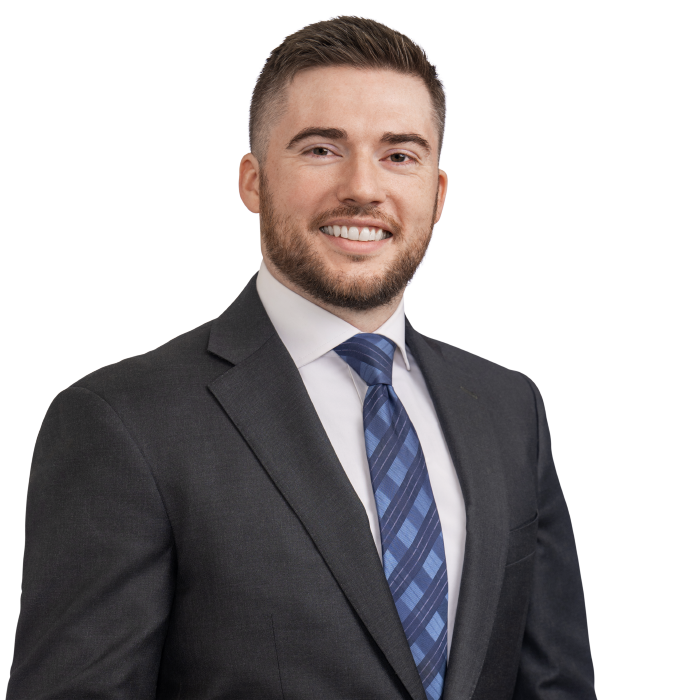
Supreme Court Rules FCC’s Universal Service Fund Is Constitutional
On June 27, 2025, the Supreme Court decided FCC v. Consumers’ Research, No. 24-354 (U.S. June 2025), ruling that the Universal Service Fund’s (USF) contribution structure, as administered by the Federal Communications Commission (FCC), does not violate the Constitution’s non-delegation doctrine. The USF is a federal program that, based on parameters established under 47 U.S.C. § 254, subsidizes telecommunications and broadband services to ensure affordable access for rural areas, low-income consumers, schools, libraries, and rural healthcare facilities across the country. The decision was 6-3. Justice Kagan delivered the opinion of the Court, in which Chief Justice Roberts and Justices Sotomayor, Kavanaugh, Barrett, and Jackson joined, with Justices Kavanaugh and Jackson filing concurring opinions. Justice Gorsuch filed a dissenting opinion, in which Justices Thomas and Alito joined.
This was the outcome sought by local governments. As Best Best & Krieger LLP (BBK) argued in an amicus filing on behalf of the Local Government Legal Center in support of the FCC, the USF programs furnish billions of dollars in annual funding that provide essential telecommunications and broadband services to local governments’ residents, local businesses and local educational and healthcare institutions.
The case was before the Court on appeal from the Fifth Circuit, which had held the combination of the delegation of authority by Congress to the FCC to create the USF and the FCC’s reliance on advice from the private Universal Service Administration Company (USAC) to set USF contribution rates, violates the non-delegation doctrine. Under that doctrine, Congress may not broadly delegate its Article I legislative authority to independent agencies or to the executive branch.
The Court reversed the Fifth Circuit’s ruling, holding that “no impermissible transfer of authority has occurred.” It held that Section 254 of the Communications Act satisfied the Court’s longstanding “intelligible principle” test for upholding a statute against a non-delegation doctrine attack, finding that it established clear guidance and limits on the FCC’s authority over USF. The Court also declined the respondents’ invitation to narrow the “intelligible principle” test and to adopt a stricter non-delegation rule for tax-related statutes.
The Court further ruled that the FCC’s reliance on USAC to recommend USF contribution factors is constitutional because USAC operates entirely under the FCC’s oversight and final authority. The Court also explicitly rejected the Fifth Circuit’s position that a combination of lawful delegations to the FCC and USAC could be unconstitutional when taken together, clarifying that the two types of delegation operate independently and do not compound each other.
The Court’s decision is cause for optimism regarding the future of the USF. Consumers’ Research—the conservative consumer advocacy group that challenged the constitutionality of the USF here—had also filed prior challenges to the USF’s contributions calculated for several different quarters in the U.S. Courts of Appeals for the 5th, 6th, 11th, and District of Columbia Circuits, all of which had been denied. When the Court granted certiorari here, it had on its own initiative questioned whether the lower court’s ruling was moot for failure to exhaust administrative remedies, which potentially would have allowed continued challenges on the same basis raised by Consumers’ Research in this case. This ruling that the current USF funding system does not violate the non-delegation doctrine greatly reduces the risk of further challenges to the USF program in court.
The decision does not, however, completely eliminate that risk. Justice Gorsuch’s dissent lists several other potential legal challenges to USF that were not at issue in this case, including a challenge to the makeup and appointment of USAC’s board members to which the FCC delegated certain authority.
Local governments should take note of Justice Kavanaugh’s concurrence, in which he writes that congressional delegations to independent agencies are distinct from delegations to the President and executive agencies, and raise more substantial non-delegation doctrine questions.
But Kavanaugh concluded that this case did not present that problem because, in his view, “no statutory text restricts the President’s authority to remove FCC Commissioners at will.” His concurrence appears designed to open the door to potential non-delegation challenges to actions of other independent agencies (such as the FTC and the National Labor Relations Board) and indicates that he would support the President’s removal of FCC Commissioners without cause.
BBK will monitor developments in this area and provide updates. Contact Tillman Lay and Gregory Caffas for more information or questions on the Supreme Court’s FCC v. Consumers’ Research decision and its implications for the Universal Service Fund.
Disclaimer: BBK Legal Alerts are not intended as legal advice. Additional facts, facts specific to your situation, or future developments may affect subjects contained herein. Seek the advice of an attorney before acting or relying upon any information herein.




